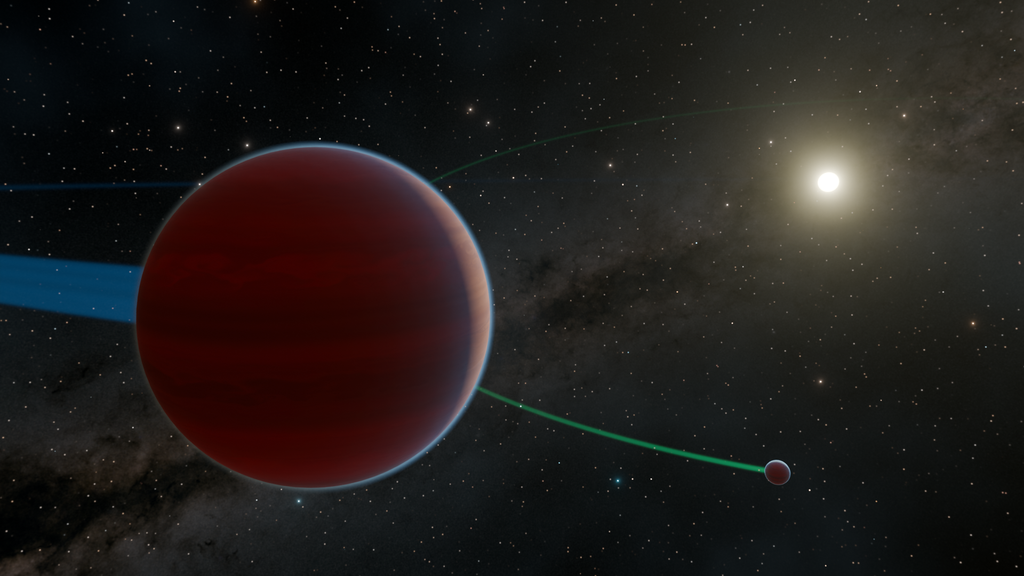WASHINGTON – The Multilateral Coordination Board (MCB) for the International Space Station partner agencies met Wednesday, April 27, to discuss increased efforts to use the station as a test-bed for exploration. The MCB also congratulated the European Space Agency (ESA) on its recent decision to continue station operations to at least 2020.
The MCB is working diligently to extend the benefits to future exploration beyond low-Earth orbit through enhanced station research, technology development and other opportunities. Other topics on the agenda included a report on efforts to create international standards for docking and berthing; rendezvous and proximity operations; interfaces for replaceable items and payloads; and standardization of command protocols for spacecraft. To view the International Docking Systems Standard, visit:
http://www.internationaldockingstandard.com
Station research with potential societal impact includes:
– The Alpha Magnetic Spectrometer-2, which will fly aboard STS-134, scheduled to launch on April 29. The experiment is a cosmic ray detector that will search for dark matter and antimatter, components critical to understanding the origin and structure of our universe.
– The Canadian Space Agency (CSA) continues its life science research program on mitigating health risks associated with spaceflight. These health experiments and activities will monitor crew health and deliver health care on space missions.
– ESA began the GeoFlow experiment in the Fluid Science Laboratory payload. This experiment will take advantage of the microgravity environment on the station in combination with electrical fields, thermal gradients and rotation to simulate many parameters of geo-physical flows under the Earth’s crust. Results will help scientists understand thermal convection in planets and the outer shells of celestial bodies. It also will verify numerical simulations of fluid dynamics of liquid core planets with real experimental data.
– Roscosmos, the Russian Federal Space Agency, continues experimental programs aimed at human adaptation to future long- term expeditions. Dedicated medical experiments study the effects of flight conditions on the cardiovascular system, respiratory system and bones. Other research includes planting wheat and vegetables them performing genetic, microbiological and biochemical tests on the plants.
– Japan has found several new X-ray celestial bodies by the Monitor of All-sky X-ray Image instrument of “Kibo” and recently reported the new gamma rays outburst of the Whale or Cetus. This discovery will contribute to understanding the origin and the evolution of the universe. Japan has also implemented a new investigation on cucumber seedlings to study how plants sense gravity as an environmental signal and use it for governing their structural development and growth orientation.
The governments of Japan and the Russian Federation already have approved continued station operations beyond 2016. NASA received approval in the NASA Authorization Act of 2010. CSA is working with its government to reach consensus about the continuation of the station.
The MCB includes senior representatives from NASA, CSA, ESA, Roscosmos and the Japanese Ministry of Education, Culture, Sports, Science and Technology. The MCB meets periodically to ensure coordination of station operations and activities among the partners.
For more information about the International Space Station, visit:
For more information about NASA and agency programs, visit:
For more information about the Canadian Space Agency, visit:
For more information about the European Space Agency, visit:
http://www.esa.int/spaceflight
For more information about the Roscosmos, visit:
For more information about Japanese Ministry of Education, Culture, Sports, Science and Technology, visit:
– end –
text-only version of this release
NASA press releases and other information are available automatically by sending a blank e-mail message to hqnews-subscribe@mediaservices.nasa.gov. To unsubscribe from this mailing list, send a blank e-mail message to hqnews-unsubscribe@mediaservices.nasa.gov.
Back to NASA Newsroom | Back to NASA Homepage
Joshua Buck
Headquarters, Washington
202-358-1100
jbuck@nasa.gov























